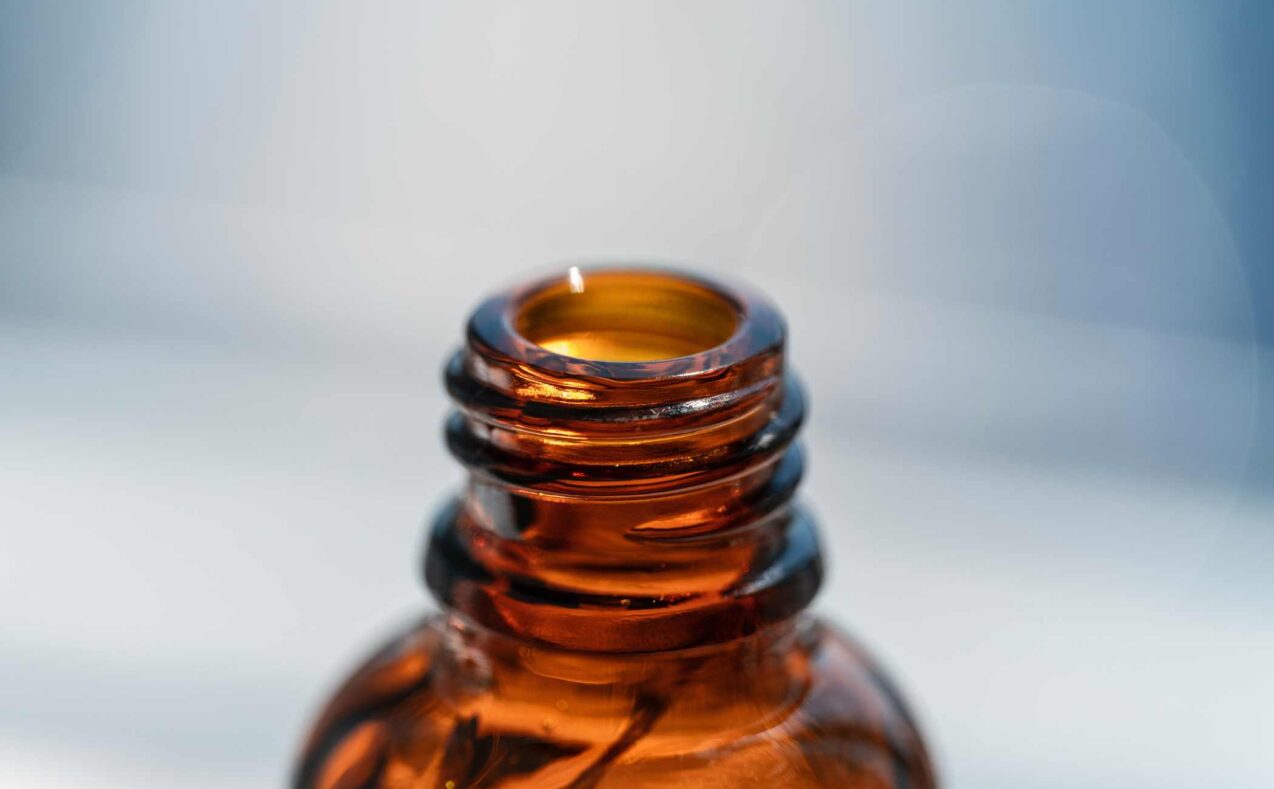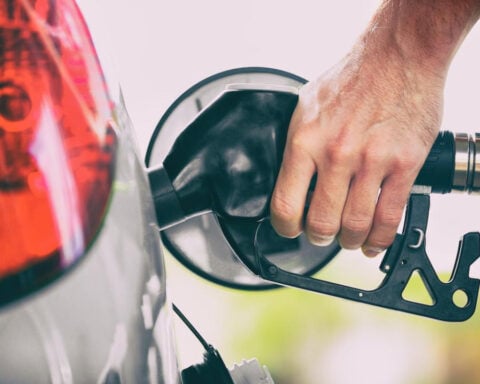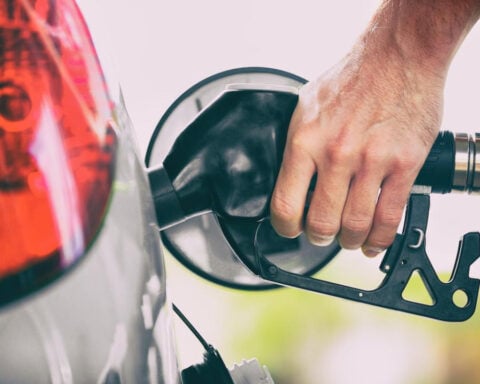Alkyl nitrites – commonly known as “poppers” – have a complex regulatory history dating back to the 19th century, when amyl nitrites were used as medical treatments for chest pain and asthma. According to a 2024 paper in the California Law Review, these substances were available over the counter during the 1960s before being restricted to prescription use after gay nurses helped popularize recreational applications.
As amyl nitrite gave way to other alkyl nitrite formulations, the products maintained popularity in clubs during the 1970s. By the 1980s, use became largely concentrated among gay men, partly due to the stigma associated with the AIDS epidemic. The federal prohibition on human consumption followed in 1990.
After the COVID-19 pandemic, poppers experienced renewed popularity among club-goers. They expanded beyond adult stores into head shops and convenience stores. With its modern packaging and social media presence, the manufacturer Double Scorpio helped reach new consumer demographics.
"They really cultivated a queer community," said Adam Zmith, author of "Deep Sniff, a History of Poppers and Queer Futures.,", referring to Double Scorpio's impact on the market.
Officially marketed as "leather cleaner," Double Scorpio products are available in various scents, including seasonal varieties like pumpkin spice. Edward, an informal adviser on nitrite products, noted, "Double Scorpio are three different nitrites. It's popular because it's scented."
The customer base for poppers has expanded in recent years to include more women, who often view the substance as a safer alternative to cannabis and alcohol. "A lot of girls use it before they go out partying," Edward reported. "It's a body high, but it doesn't affect your mentality like marijuana does."
The product's accessibility and payment options contribute to its appeal. "It's a cheap, easy, legal high," Zmith observed.
However, the expansion of poppers into new markets has coincided with emerging health concerns, particularly related to improper use.
"We're seeing an increase in ingestion-related poisonings — people drinking poppers," said Dr. Joseph J. Palamar, an associate professor in population health at NYU Langone Health.
While inhalation can cause side effects including skin irritation, dizziness, low blood pressure and headaches, drinking even small amounts can result in a form of blood poisoning characterized by hypoxia, which gives victims a bluish appearance.
"Even a couple drops are enough to make you sick," Palamar said.
The FDA issued warnings in 2021 advising consumers not to confuse poppers with energy drinks. By 2024, the New York City Department of Health and Mental Hygiene began distributing signs with the message "DO NOT DRINK POPPERS" to establishments selling the products.
Despite these concerns, public health experts caution that broad enforcement actions against legal sales channels could have unintended consequences. Some fear a market disruption could push users toward more dangerous alternatives.
"This is likely to hurt people," said Dr. Timothy Hall, a psychiatrist and anthropologist specializing in HIV and addiction at UCLA. "Disrupting the supply of poppers in the U.S. is more likely to push people to seek more dangerous alternatives."
According to Sosa, the FDA maintained a policy of selective enforcement in 1987 despite widespread evidence of improper use. That approach may now be changing, causing uncertainty among retailers and distributors.
"People don't want to touch it," Zmith said. "A lot of people don't want to talk about anal sex, and they don't want to make political statements defending anal sex."
As suppliers and retailers navigate the uncertain regulatory environment, consumers continue seeking remaining inventory.

 Trump has begun another trade war. Here's a timeline of how we got here
Trump has begun another trade war. Here's a timeline of how we got here
 Canada's leader laments lost friendship with US in town that sheltered stranded Americans after 9/11
Canada's leader laments lost friendship with US in town that sheltered stranded Americans after 9/11
 Chinese EV giant BYD's fourth-quarter profit leaps 73%
Chinese EV giant BYD's fourth-quarter profit leaps 73%
 You're an American in another land? Prepare to talk about the why and how of Trump 2.0
You're an American in another land? Prepare to talk about the why and how of Trump 2.0
 Chalk talk: Star power, top teams and No. 5 seeds headline the women's March Madness Sweet 16
Chalk talk: Star power, top teams and No. 5 seeds headline the women's March Madness Sweet 16
 Purdue returns to Sweet 16 with 76-62 win over McNeese in March Madness
Purdue returns to Sweet 16 with 76-62 win over McNeese in March Madness




